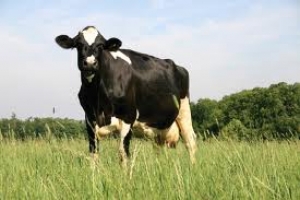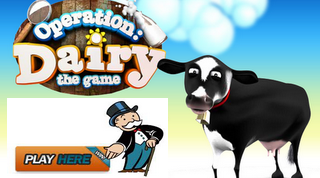Other Activities

"The recent coming into force of the "laying hens" legislation has shown that problems persist in animal welfare in several Member States. Some efforts are being made, but many issues need to be tackled in a different way in order to achieve more sustainable results. The new strategy will permit appropriate flexibility allowing operators to attain the necessary welfare standards by different routes.
"Optimising policy coherence and market transparency in a comprehensive animal welfare legislative framework will minimise real or perceived tensions between welfare and economics. Animal welfare measures need to be cost-effective. The proposed dedication of resources to education and training is expected to be highly cost-effective, economically and in welfare terms." EU Health and Consumer Policy Commissioner, John Dalli, said.
To address issues and concerns around animal welfare, the Strategy provides for a two-pronged approach: a proposal for a comprehensive animal welfare law and a reinforcement of current actions. The legislation to be proposed is expected to promote an innovative approach focusing on actual welfare outcomes instead of mechanistic inputs, and to increase the focus on the education and professional standards of all parties concerned.
The second element proposes a reinforcement and the optimisation of current Commission actions: enhancing tools to strengthen Member State compliance with the legal requirements; boosting the already existing international co-operation on animal welfare issues; providing consumers with better information, and performing studies where animal welfare appears to encounter the most problems.
Welfare group views
David Bowles from the RSPCA UK said: “While there are some good things about this strategy, many species of animals are ignored and it falls far short of properly delivering the laws and progress we think are already long overdue.
“For instance, no reference is made as to how the Commission will overcome the huge challenges to enforce EU wide bans on intensive systems such as the barren battery cage or the upcoming ban on sow stalls. There is also no mention of any new legislation to improve the welfare of dairy cows.
“If the EU really wants to make a difference to animal welfare in the EU in the next five years it needs a strategy that deals with all animals, and ensures laws are effective and not just pieces of paper. It needs a strategy which recognises the links between good animal welfare, good animal health and improving the environment.
“This strategy just does not go far enough. We have written to agriculture minister Jim Paice to express our dismay and hope he will take our message to the EC.”
Supporting Mr Bowles response, EuroGroup for Animals and Compassion in World Farming says that the Stategy misses huge opportunities for EU animals.
Both Sonja Van Tichelen, Director of Eurogroup for Animals and Peter Stevenson, Compassion in World Farming’s Chief Policy Advisor commented on the policy's lack of attention to key welfare issues, including long distance transport and the cloning of animals for food.
Industry views
UK National Farming Union Vice President Gwyn Jones said: ‘This is a positive step by the Commission but the ‘devil will be in detail’, something which is lacking at this stage. Existing rules must be correctly implemented and enforced, and this should always be done in preference to creating new legislation or additional bureaucracy. I am particularly pleased, therefore, that one of the main themes of the strategy is the development of a simpler EU legislative framework for animal welfare.
“The strategy also proposes the use of ‘science-based’ welfare indicators which have the potential to improve compliance across all Member States – this is a positive aim for the EU but it is important that the introduction of these indicators should not carry an extra cost burden for our UK farmers or threaten the high standards of animal welfare that are already met through existing voluntary schemes such as Red Tractor.”
Consumer views
Research from IGD shows that 47 per cent of UK shoppers say they are willing to pay extra for free range and other products produced to high animal welfare standards.
For more information click
here.






















